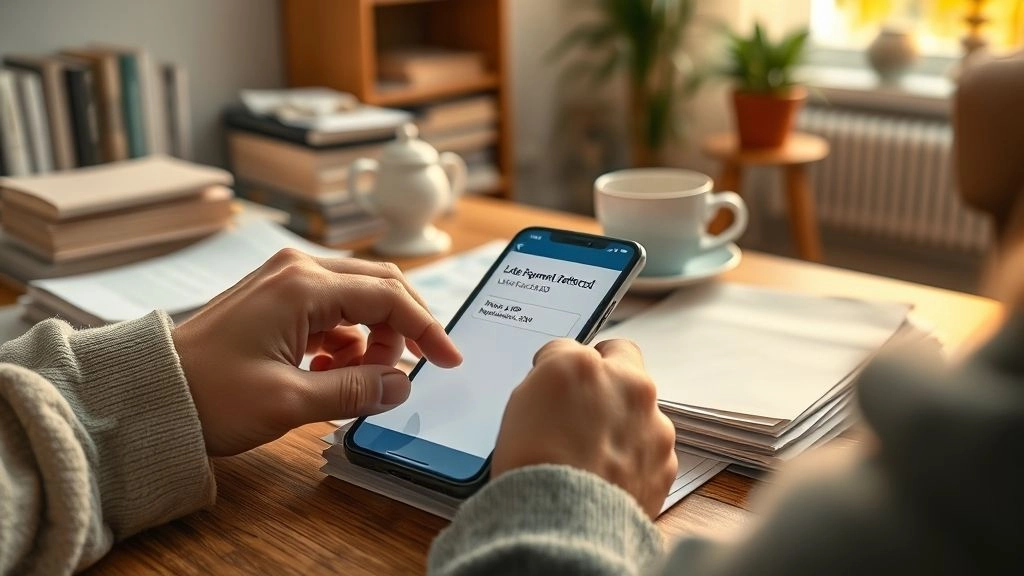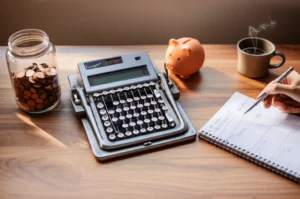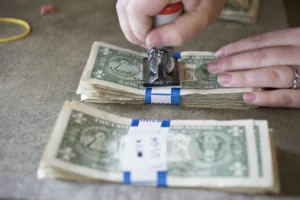Ever missed a credit card payment by a day or two and thought, “Eh, it’s no big deal”? I get it. Life gets hectic, bills pile up, and sometimes things just slip through the cracks. But here’s the kicker—you might be surprised how much that small delay can cost you in the long run. If you make a late credit payment, you might see the lender add fees and interest charges that quietly bleed your bank account, not to mention the hit your credit score might take.
Let’s unpack what actually happens when you miss a payment, how it affects your finances, and more importantly, what you can do to protect yourself while living that frugal, money-smart life.
Why It Matters
When Does “Late” Start?
Alright, first things first—what counts as late anyway? Most credit card companies give you a due date, and if your payment arrives after that (usually after 5 p.m. on the due date), it’s considered late. Some even roll with a bit of grace time during weekends or holidays, but it’s a good idea to check your specific card terms to know for sure.
Here’s a quick heads-up: if you make a late credit payment, you might see the lender add a late fee. That’s usually between $25 and $40, but don’t think that’s the end of it. This fee gets added to your balance, so you’re not just paying the fee—you’re paying interest on it too!
Grace Periods and Late Fees Comparison
| Card Issuer | Grace Period | Late Fee |
|---|---|---|
| Visa | Due date + 5 days | Up to $40 |
| Mastercard | Due date + 7 days | $25–$40 |
| American Express | Due date + 5 days | Up to $40 |
See? A late credit payment can trigger fees almost immediately. A friend of mine once missed a payment by a week and ended up spending over $50 in fees and extra interest. For someone living tight on a budget, that’s a lot of money lost on what seemed like a one-time slip!
Penalty APR: The Hidden Money Leech
Here’s where it starts to hurt. Beyond the late fee, many cards can slap on a penalty APR if you’re more than 60 days late. That means your interest rate could almost double or even triple, making it way tougher to pay off what you owe. It’s kind of like your lender punishing you by charging extra for the mistake.
Think about it: on a $1,000 balance with a 15% APR, you’re looking at about $150 in interest per year. If that shoots up to 30% because of a penalty rate, that’s $300 in interest. The costs add up fast—and it’s all because you made a late credit payment.
Interest Comparison Table
| Rate | Annual Interest on $1,000 |
|---|---|
| Standard APR (15%) | $150 |
| Penalty APR (30%) | $300 |
Credit Score Impact
How Deep Does the Damage Go?
You might have heard your payment history is a huge part of your credit score—and that’s true. In fact, it makes up 35% of your FICO score. So, when you mess up a payment, it’s no small thing. If your payment is more than 30 days late, lenders can report it to the credit bureaus—and that can send your score tumbling anywhere from 60 to 100 points.
Trust me, I’ve been there. One late payment on my card made it harder to qualify for better mortgage rates, and raised the question: what’s the point of having a budget if a tiny slip-up can mess all that planning up?
Beyond Scores: The Ripple Effects
Lower credit scores don’t just mean higher loan rates. They can affect whether you get approved for apartments, what insurance premiums you pay, even job prospects. And letting a late payment linger without fixing it? That can lead to collection calls, court, and even ruined relationships with lenders.
That’s why, if you find yourself asking which of the following questions helps you determine if something is actually an emergency expense?, it’s also smart to ask if this late fee or penalty is an emergency or something you can plan to avoid.
Can You Repair the Damage?
The good news: if you usually pay on time but slip up once, you can try calling your lender to ask for a goodwill adjustment. Many lenders are willing to forgive a late fee if you’re upfront and quick to pay. It’s like admitting you messed up, and most people appreciate that honesty.
Also, if the late payment has already hit your credit report, you can send a goodwill deletion letter, disputing the penalty—especially if you’ve been otherwise spotless in payments. It’s not magic, but credit repair experts have shown how this can nudge your score back up.
Smart Strategies to Avoid Late Payments
Budgeting to the Rescue
If you’re frugal like me, budgeting is your best friend here. Automate your credit card payments to avoid any “oops, forgot” moments. If automation freaks you out, at least set reminders a few days before your due date. This tiny hack saved my bacon more than once.
Also, keep a little “float” buffer in your checking account. Sometimes weird things happen—deposits get delayed, unexpected expenses pop up—and if your balance is tight, a late payment might sneak in. That’s why why is it important to make an emergency fund your first financial priority? It truly is your financial seatbelt.
Understanding Emergency Funds
Speaking of emergency funds—what should count as an emergency? Here’s a quick checklist I use to decide if I can dip into savings or if it’s just a “nice-to-have”:
- Is this expense necessary to maintain basic living standards?
- Will ignoring this cost me more later (like a late fee)?
- Is this an urgent medical or safety situation?
- Or… am I just tempted by a shiny new gadget?
This links right back to the question which of the following would be considered an emergency fund expense?. Trust me—knowing the difference can really save you money.
Recovery Tips After a Late Payment
If the late payment already happened and you’re feeling the pinch (extra fees, penalty APR, or credit ding), don’t panic. Here’s what helps:
- Pay off your balance to avoid running up those penalty interest charges.
- Contact your lender to discuss financial hardship options—they might lower fees or waive penalty APRs.
- Review your credit report for accuracy and dispute errors.
- Focus on building up your emergency fund (again, The three reasons to save money are clear here: security, opportunity, and peace of mind).
Down the road, as you get back on track, start thinking about investing that saved money smarter, too. Curious about growth? Understanding that “rate of return” is a phrase used to describe what aspect of investing? can help you pick places that help your money stretch instead of just sit in a low-yield bank account.
In a Nutshell
So here’s the real talk: if you make a late credit payment, you might see the lender add fees, penalty interest, and a credit score ding that together can bleed your budget faster than you think. But it’s not the end of the world—and it’s definitely a moment to get strategic about budgeting and emergency funds.
Automate payments, build some cushion, and don’t be shy to call your lender when things go sideways. Often, honesty and quick action can keep that one mistake from becoming a long-term nightmare. And when in doubt, circle back to why is it important to make an emergency fund your first financial priority? That little fund can really protect your peace and your wallet.
Now, what’s one small tweak you can make today to avoid a late payment? Maybe set up that autopay, or just mark the calendar. Hey, every little step counts, and your future self will thank you for it.













